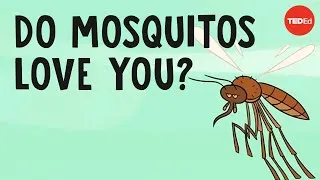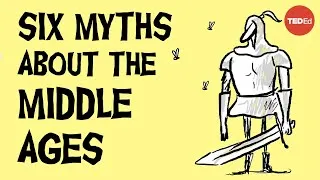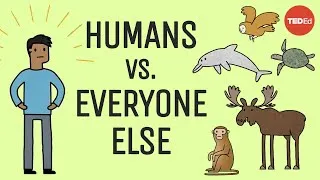Ju lutemi, klikoni dy herë mbi titrat në anglisht më poshtë për të luajtur videon.
New videos
Kjo faqe do t'ju prezantojë me videot e YouTube që janë të dobishme për të mësuar anglisht. Do të shihni mësime angleze të mësuara nga mësues të nivelit më të lartë nga e gjithë bota. Klikoni dy herë mbi titrat në anglisht të shfaqura në secilën faqe të videos për të luajtur videon prej andej. Titrat lëvizin në sinkron me riprodhimin e videos. Nëse keni ndonjë koment ose kërkesë, ju lutemi na kontaktoni duke përdorur këtë formular kontakti.







